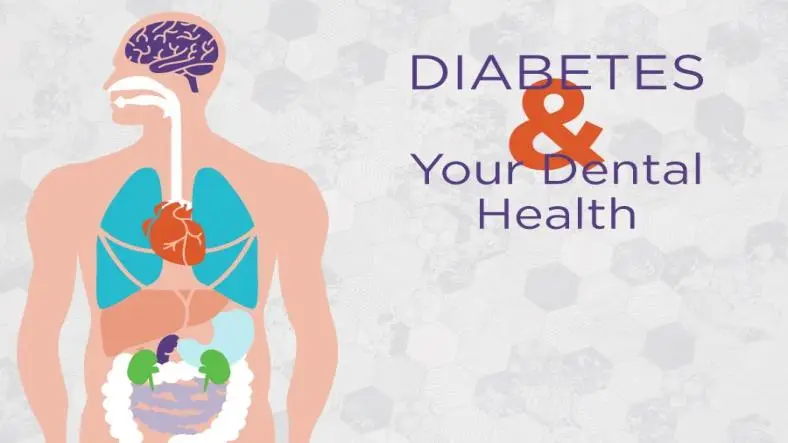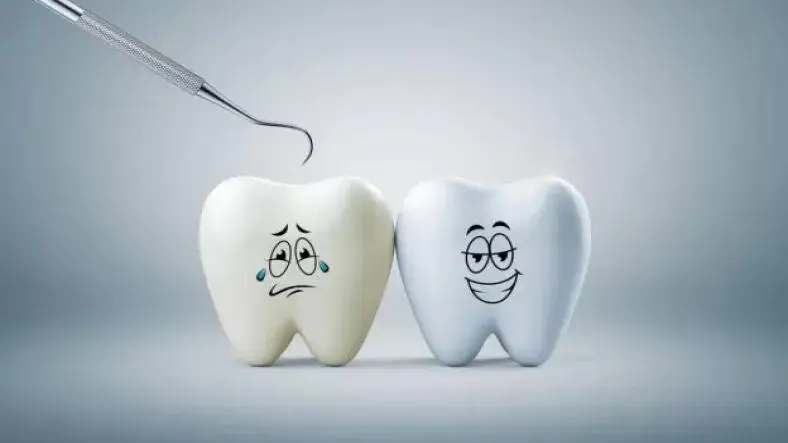Managing oral health is crucial for individuals with diabetes, as they are at higher risk for various oral health problems. Diabetes can impact the body’s ability to heal, increase susceptibility to infections and exacerbate gum disease. However, with proper care and management, people with diabetes can achieve and maintain optimal oral health. Here’s how to navigate oral health challenges while managing diabetes effectively.
1. Maintain Good Blood Sugar Control
One of the most important steps in managing oral health with diabetes is to maintain stable blood sugar levels. High blood sugar can lead to dry mouth, which increases the risk of gum disease and tooth decay. It also impairs the body’s ability to fight infections. Regular monitoring of blood glucose levels and adhering to your diabetes management plan can help prevent these complications.
2. Practice Excellent Oral Hygiene
Good oral hygiene is vital for preventing dental problems. Brush your teeth at least twice a day with fluoride toothpaste and floss daily to remove plaque from between your teeth and under the gumline. Consider using an electric toothbrush, which can be more effective in removing plaque and is easier on the gums, especially if you have diabetes-related gum issues.
Google Ad 1
3. Regular Dental Check-Ups
Routine dental visits are essential for early detection and treatment of oral health problems. Schedule dental check-ups at least twice a year, or as recommended by your dentist. Regular cleanings and exams help manage and prevent issues such as gum disease, tooth decay and infections. Make sure to inform your dentist about your diabetes diagnosis so they can provide tailored care.
4. Manage Dry Mouth
Diabetes can cause dry mouth, which can increase the risk of tooth decay and gum disease. To manage dry mouth, drink plenty of water throughout the day, chew sugar-free gum and use a saliva substitute if recommended by your dentist. Avoid tobacco products and limit your intake of alcohol and caffeine, as these can exacerbate dry mouth.
5. Monitor for Gum Disease
People with diabetes are more prone to gum disease, which can progress more rapidly and cause significant complications. Watch for signs of gum disease, such as redness, swelling, bleeding, or persistent bad breath. Promptly address these symptoms with your dentist to prevent progression and potential tooth loss.
Google Ad 2
6. Follow a Healthy Diet
A balanced diet plays a crucial role in maintaining both your overall and oral health. For individuals with diabetes, this means controlling carbohydrate intake to manage blood sugar levels while ensuring you get the necessary nutrients for healthy teeth and gums. Foods rich in vitamins and minerals, particularly vitamin C and calcium, support gum health and strengthen teeth.
7. Use Dental Products Designed for Sensitive Teeth
If you experience tooth sensitivity or other dental issues related to diabetes, consider using products specifically designed for sensitive teeth. Desensitizing toothpaste and mouthwashes can help alleviate discomfort and protect against decay and gum disease.
8. Avoid Tobacco Products
Tobacco use significantly increases the risk of gum disease and oral infections and it can exacerbate the complications of diabetes. If you use tobacco, seek support to quit. Your dentist or healthcare provider can offer resources and strategies to help you stop.
Google Ad 3
9. Address Oral Health Issues Promptly
Do not ignore dental issues, even minor ones, as they can quickly become more serious, particularly with diabetes. If you experience pain, discomfort, or any changes in your oral health, consult your dentist immediately. Early intervention can prevent more severe problems and complications.
10. Educate Yourself and Your Care Team
Stay informed about the links between diabetes and oral health. Work closely with your healthcare team, including your dentist and endocrinologist, to develop a comprehensive care plan. Your dental team can provide specific advice tailored to your needs, while your endocrinologist can help manage your diabetes effectively to support your oral health.
In conclusion, achieving optimal oral health with diabetes requires a proactive approach that integrates good oral hygiene practices, regular dental care and effective diabetes management. By maintaining stable blood sugar levels, practicing excellent oral hygiene and addressing oral health issues promptly, you can significantly reduce the risk of complications and enjoy better overall health. Remember, consistent care and communication with your healthcare providers are key to managing both your diabetes and oral health effectively.
Thanks for reading the dentofacts article, for more such articles read our PeoplesBLOG.















